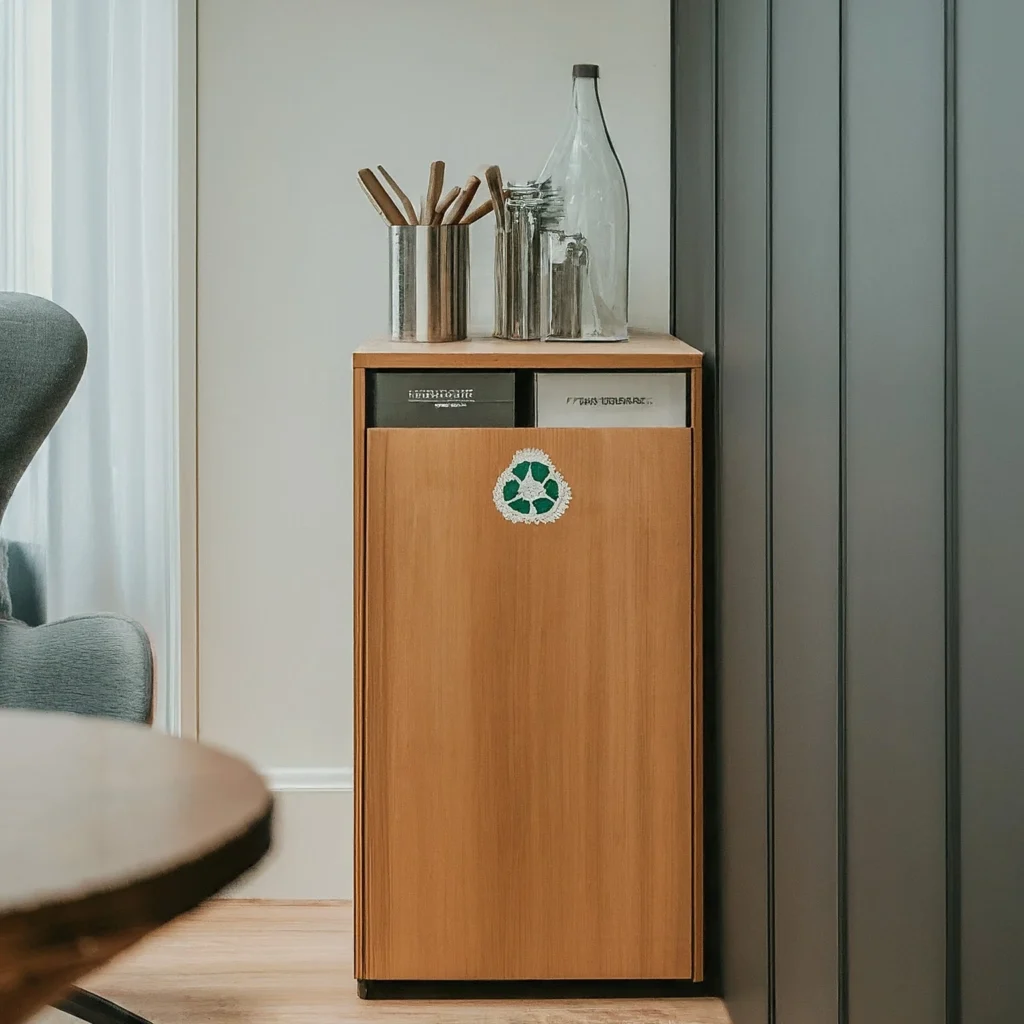Minnesota is known for its natural beauty, but maintaining a clean and green environment requires conscious effort from everyone. A crucial part of this is proper waste management, and one of the most effective ways to reduce waste is through recycling. Recycling center in Minnesota play a key role in this process, offering residents and businesses accessible options to recycle a wide variety of materials. These centers help reduce landfill waste, conserve resources, and support environmental sustainability.
Why Recycling Matters in Minnesota
Recycling is more than just a way to reduce waste—it’s essential for preserving Minnesota’s natural environment. The state’s extensive lakes, forests, and wildlife depend on clean ecosystems. By recycling, Minnesotans help:
- Reduce landfill waste: Recycling keeps millions of tons of materials out of landfills each year.
- Conserve natural resources: Recycling materials like paper, plastic, and metal saves resources such as trees, water, and minerals.
- Lower energy consumption: Manufacturing products from recycled materials uses significantly less energy than producing them from raw materials.
- Combat climate change: Recycling reduces greenhouse gas emissions, helping to mitigate the effects of climate change.
What Can You Recycle at Minnesota Recycling Center?
Recycling centers in Minnesota accept a wide range of materials. While each center may have its own specific list of accepted items, most centers will take:
- Paper products: Newspapers, magazines, cardboard, office paper
- Plastics: Bottles, containers, and packaging materials (typically labeled #1 and #2 plastics)
- Glass: Bottles and jars
- Metals: Aluminum cans, steel cans, and scrap metal
- Electronics: Old computers, phones, TVs, and other electronic devices (at select locations)
- Household items: Some centers accept used clothing, shoes, and textiles
- Organic waste: Some recycling centers in Minnesota have composting services for food scraps and yard waste
It’s important to check with your local recycling center for their specific guidelines, as not all materials can be accepted, and some may require special handling.
How to Find a Recycling Center Near You
Minnesota is home to many recycling centers, making it easy to find one close to you. To locate a center:
- Check local government websites: Many cities and counties in Minnesota provide detailed information on recycling services and locations on their official websites.
- Use recycling search tools: Websites like Earth911.com allow you to search for recycling centers based on your zip code and the type of material you want to recycle.
- Contact waste management services: Waste haulers often partner with local recycling centers and may offer drop-off locations or pick-up services for recyclables.
Popular Recycling Center in Minnesota
Here are a few notable recycling centers in the state:
- Hennepin County Drop-off Facilities: Located in Bloomington and Brooklyn Park, these centers accept a wide range of materials, including hazardous waste and electronics.
- Ramsey County Recycling & Disposal Centers: Multiple locations in Ramsey County offer convenient drop-off for everyday recyclables, hazardous materials, and organics.
- Saint Paul’s Recycling Center: Known for its ease of access, this center allows residents to drop off typical recyclables like paper, glass, plastic, and metal.
- Duluth Recycling Center: A regional facility offering recycling for common household materials, electronics, and scrap metal.
Electronics Recycling in Minnesota
As technology advances, electronic waste (or e-waste) has become one of the fastest-growing categories of waste. Electronics contain valuable materials like metals and rare minerals, but they also have hazardous components like lead and mercury, which can harm the environment if not properly disposed of. Many Minnesota recycling centers accept electronics, but some may charge a fee for larger items like TVs and computer monitors due to the cost of processing.
Minnesota law requires manufacturers to recycle electronic devices, and programs are in place to ensure safe disposal. Many centers partner with certified e-waste recyclers, ensuring that electronics are processed responsibly.
Composting at Recycling Centers
In addition to traditional recycling, many Minnesota recycling centers also offer composting services. Organic waste like food scraps and yard clippings can be turned into nutrient-rich compost, which helps enrich the soil and reduce the need for chemical fertilizers. Composting services are especially popular in the Twin Cities metro area, where curbside organics collection is available in many neighborhoods.
Recycling Rules and Guidelines
Recycling in Minnesota is straightforward, but there are some general rules to keep in mind to ensure your materials are accepted:
- Clean your recyclables: Food residue on items like cans, bottles, and cardboard can contaminate other recyclables. Rinse them thoroughly before placing them in recycling bins.
- Check for plastic numbers: Not all plastics are recyclable. Most recycling centers accept #1 and #2 plastics, but some may also accept others. Check the label on the plastic item to determine if it’s recyclable.
- Don’t “wish-cycle”: Avoid placing non-recyclable materials in the bin in hopes they’ll be recycled. This can cause contamination and lead to the rejection of entire loads of recyclables.
- Follow electronic disposal guidelines: If recycling electronics, remove batteries (if possible) and check if your recycling center has any special drop-off days for these items.
Benefits of Recycling in Minnesota
Recycling offers many benefits that extend beyond just reducing waste:
- Economic benefits: Recycling creates jobs in Minnesota, from collection and processing to the manufacturing of new products from recycled materials.
- Energy savings: Recycling can save up to 30% of the energy used to produce new products from raw materials, contributing to lower carbon emissions.
- Community involvement: Many local recycling centers offer educational programs, workshops, and volunteer opportunities, helping communities become more engaged in sustainability efforts.
Challenges Facing Minnesota’s Recycling Industry
Despite its many benefits, Minnesota’s recycling industry does face challenges:
- Contamination: When non-recyclable materials are mixed with recyclables, it can lead to contamination, making the entire batch unrecyclable.
- Market demand: The market for certain recyclable materials fluctuates, which can affect the profitability of recycling programs.
- Public awareness: While many Minnesotans are aware of recycling programs, there’s still a need for greater education on what can and cannot be recycled.
Mail in Services
Mail in services offer a convenient solution for individuals and businesses to handle various tasks without the need to visit physical locations. Whether it’s recycling electronics, sending documents for processing, or repairing devices, mail-in services streamline these processes by allowing you to simply package and ship your items. This saves time and effort, making it especially useful for those with busy schedules or limited access to specific services. Additionally, many mail-in services provide tracking options, ensuring the safety and efficiency of your items throughout the process, offering a hassle-free experience from start to finish.
Conclusion
Recycling centers in Minnesota play a vital role in protecting the state’s natural beauty and reducing waste. By taking advantage of these services, residents can help conserve resources, save energy, and reduce the impact on landfills. Whether you’re recycling paper, plastics, electronics, or organic waste, there’s a nearby recycling center ready to help you do your part for the environment. Remember, every item you recycle brings Minnesota one step closer to a greener future.


